EVs dominate list of efficient cars in ORNL 2022 Fuel Economy Guide
Green Car Congress
NOVEMBER 18, 2021
The 2022 Fuel Economy Guide, released by ORNL for the DOE/EPA fueleconomy.gov website, provides up-to-date information on fuel economy, environmental and safety data, so consumers can choose the most fuel-efficient vehicle that meets their needs. Credit: Andrew Sproles/ORNL, U.S.

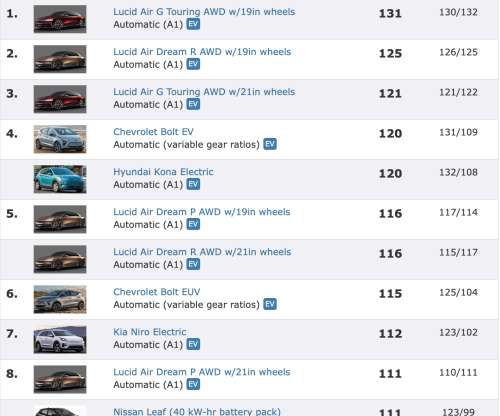
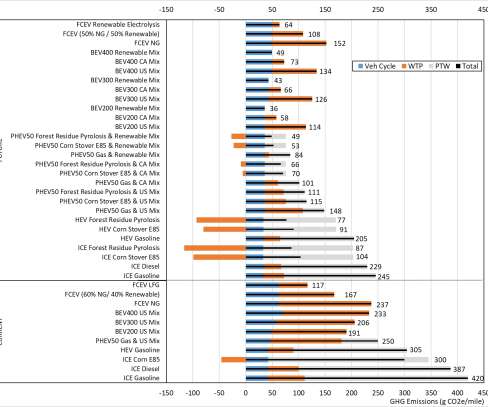

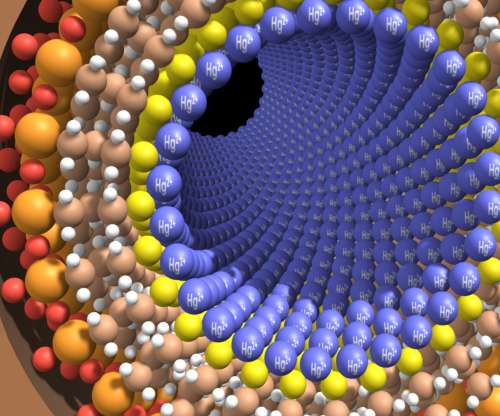
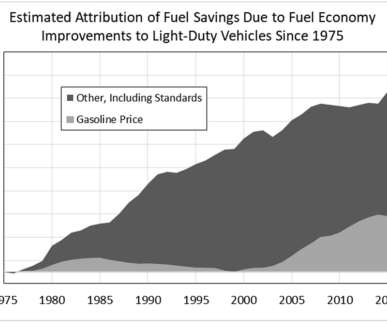

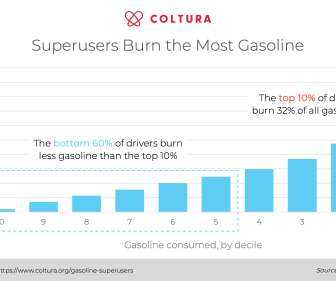

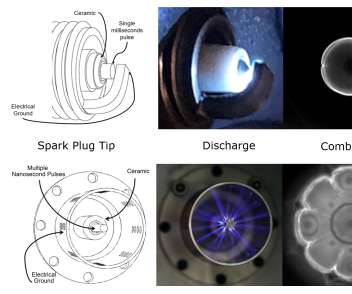

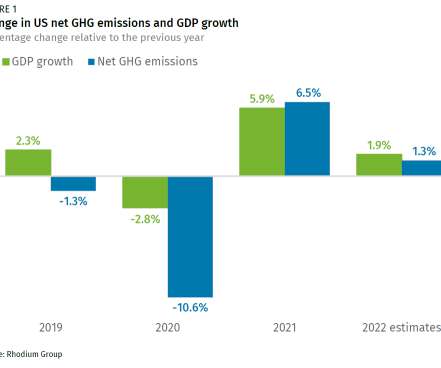


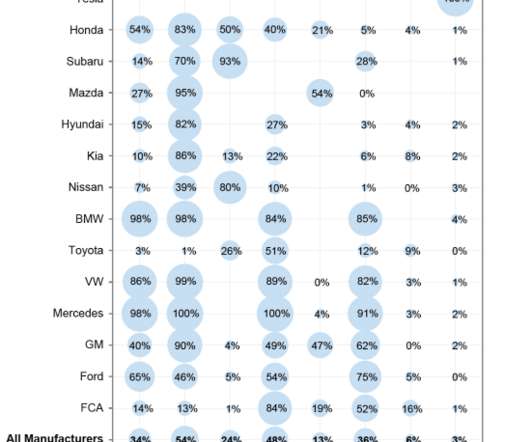











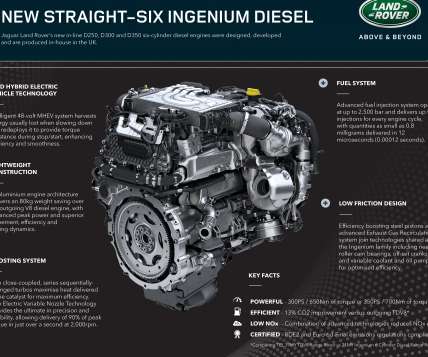
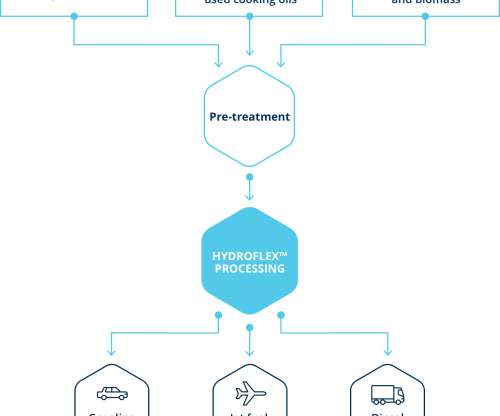













Let's personalize your content